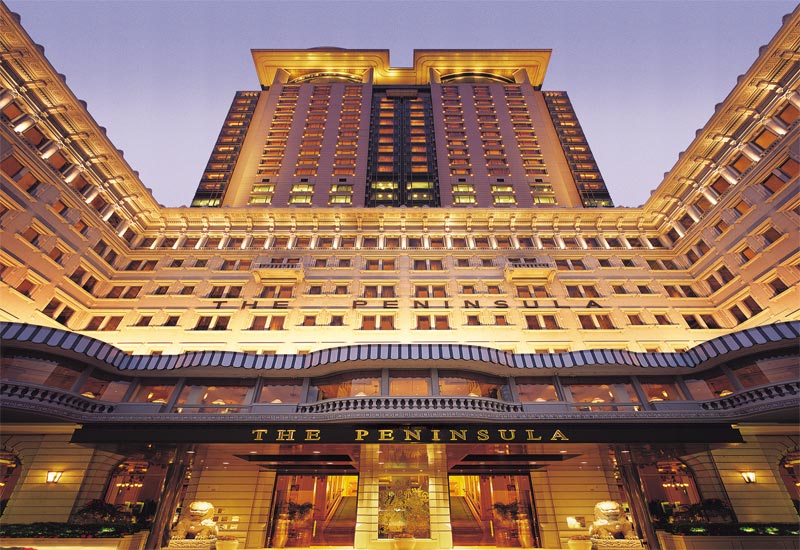 The Peninsula Hotels? mobile marketing strategy includes the use of advertising on selected magazines? mobile applications, and those of third parties.
The Peninsula Hotels? mobile marketing strategy includes the use of advertising on selected magazines? mobile applications, and those of third parties.
Karen Osman finds out how deluxe five-star hotels are incorporating mobile marketing into their strategies, yet still retaining a sense of exclusivity
Few people would deny the fact that mobile phones and other hand-held devices are a big part of many people’s lives; even young children are seen navigating an iPad at an unbelievable speed.
As a result, there are a plethora of mobile-marketing methods such as text messaging (SMS), quick response (QR) codes, mobile banners, apps and location-based tools such as Foursquare that can be used to communicate with existing and potential guests.

| Advertisement |
The speed of technology can make it difficult to keep up but with six billion mobile subscriptions recorded at the end of 2011 according to The International Telecommunication Union — equivalent to 87% of the world’s population — it pays to be in the know, especially as this figure is led by China and India — important markets for many hoteliers in the region.
So how well is mobile marketing understood and to what extent is it being used in the region? Prashanth Kumar, digital strategy director at Tonic International, admits that the Middle East lags behind other markets.
“The MENA region has always been of interest to mobile marketers. We’ve found that clients with a presence in more mature markets like the US, UK and South East Asia are well aware of the potential.
Japan is way ahead of the rest of the world and some emerging economies in Sub-Saharan Africa have been doing some wonderful things with mobile marketing. Asia has always been ahead of the curve and mature markets like the US and UK may have reached saturation point,” says Kumar.
“The Middle East is slightly behind the rest of the world but this can be a good thing as we don’t need to make all the mistakes ourselves! We can see what works in other places and customise it for our audience here. We have the infrastructure; we have the smartphone penetration. All we need is savvy marketers who are willing to push the envelope a little bit more than is common,” he suggests.
At Ritz-Carlton, which as an organisation has seen online bookings grow by around 35%-40% year-on-year across the portfolio, Asian markets such as China lead the way, although this region is advancing.
“When you look at the statistics of the Middle East, you see that it’s the region that is trailing, although still increasing year-after-year,” explains president and chief operations officer, Hervé Humler.
Article continues on next page ...








 Search our database of more than 2,700 industry companies
Search our database of more than 2,700 industry companies










Mar 16, 2012 , India
It's true Middleast lags behind, though savvy with technology & latest gadgets, i am sure an offer their way to the newer generation, will start the ball rolling. Secondly hoteliers are more dependent on OTA's and the corporate sector + walkins, basically other than the UAE all other regional tra...